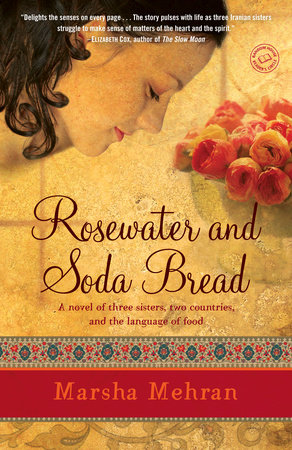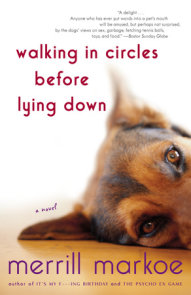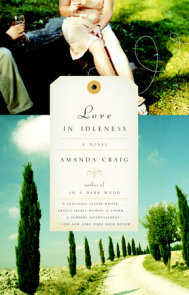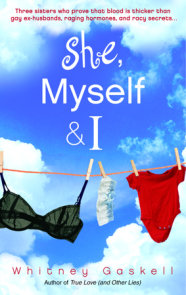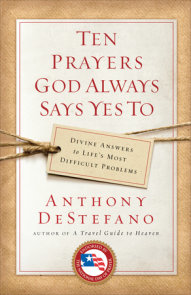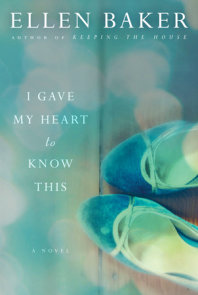READERS GUIDE
Questions and Topics for Discussion
1. Dervla and her circle have opinions on everyone and everything in the town. What purpose do they serve in the novel? Why do you think Mehran chooses to open the novel from their point of view?
2. Rosewater and Soda Bread is set in the late 1980s. Do you think anything would have been different if the story had taken place now?
3. Orphaned and isolated from their homeland, the Aminpour sisters are a family of three with no parents or older relatives to rely on. What role do you think each sister plays in this family? How might these be different if the Aminpours’ parents were still alive?
4. Is Father Mahoney a typical Irish Catholic priest? Why do you think the radio station is so important to him? Is he an effective spiritual leader?
5. Marjan’s cooking seems to have a lot of power in Ballinacroagh–uniting, alienating, and even healing people. What is so special about her food?
6. In thinking back on her relationship with Ali, Marjan wonders, “Was it only within boundaries that people were allowed the freedom to be themselves?” (34) What do you think she means? Is this true of other relationships in the book? Has it been true of your own relationships?
7. In Marjan’s box full of keepsakes from Iran, there is a rosewater wash that she had once planned to use to cleanse Bahar for her first marriage. What do you make of this memory? How is it significant to the Aminpours’ lives in Ballinacroagh?
8. Why do you think Estelle is so taken with Teresa? What purpose does she have in Estelle’s life?
9. Why does Marjan have such a difficult time trusting Julian? Do you think he is a good match for her?
10. When she is preparing for her first Mass, Bahar says that she had once vowed never again to wear a veil, but then, “Everything had changed once again; now she was happy to be alone, happy to wear a veil again” (196). What do you think the veil symbolizes for Bahar? Why do you think she is so drawn to Catholicism?
11. Why do you think Sean McNully didn’t confront the minister about his daughter? What prevented him from trying to find her?
12. Mehran ends the novel with a short Rumi poem. What do you think is its significance to the story? What might the rose represent? The rosewater?







